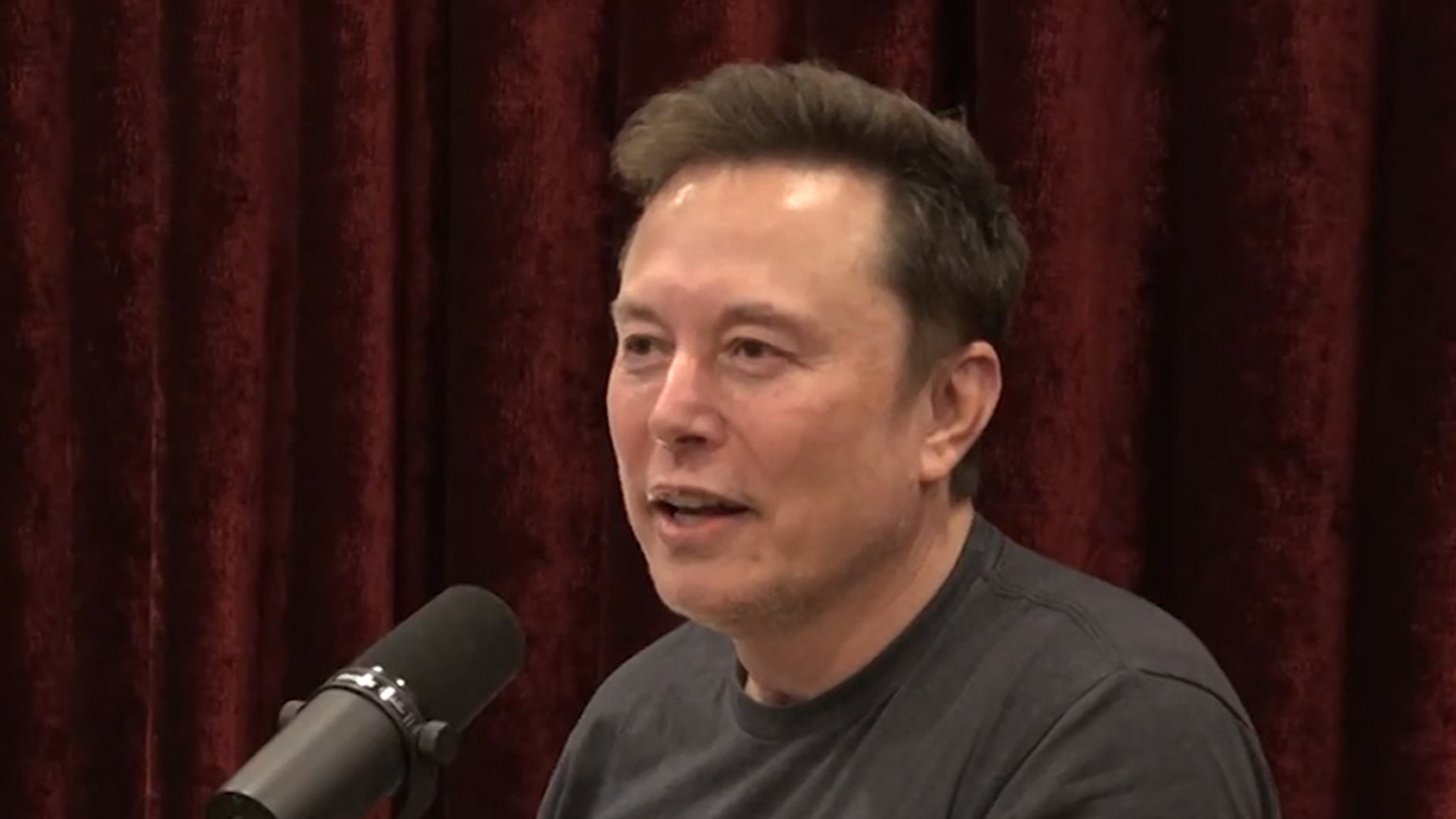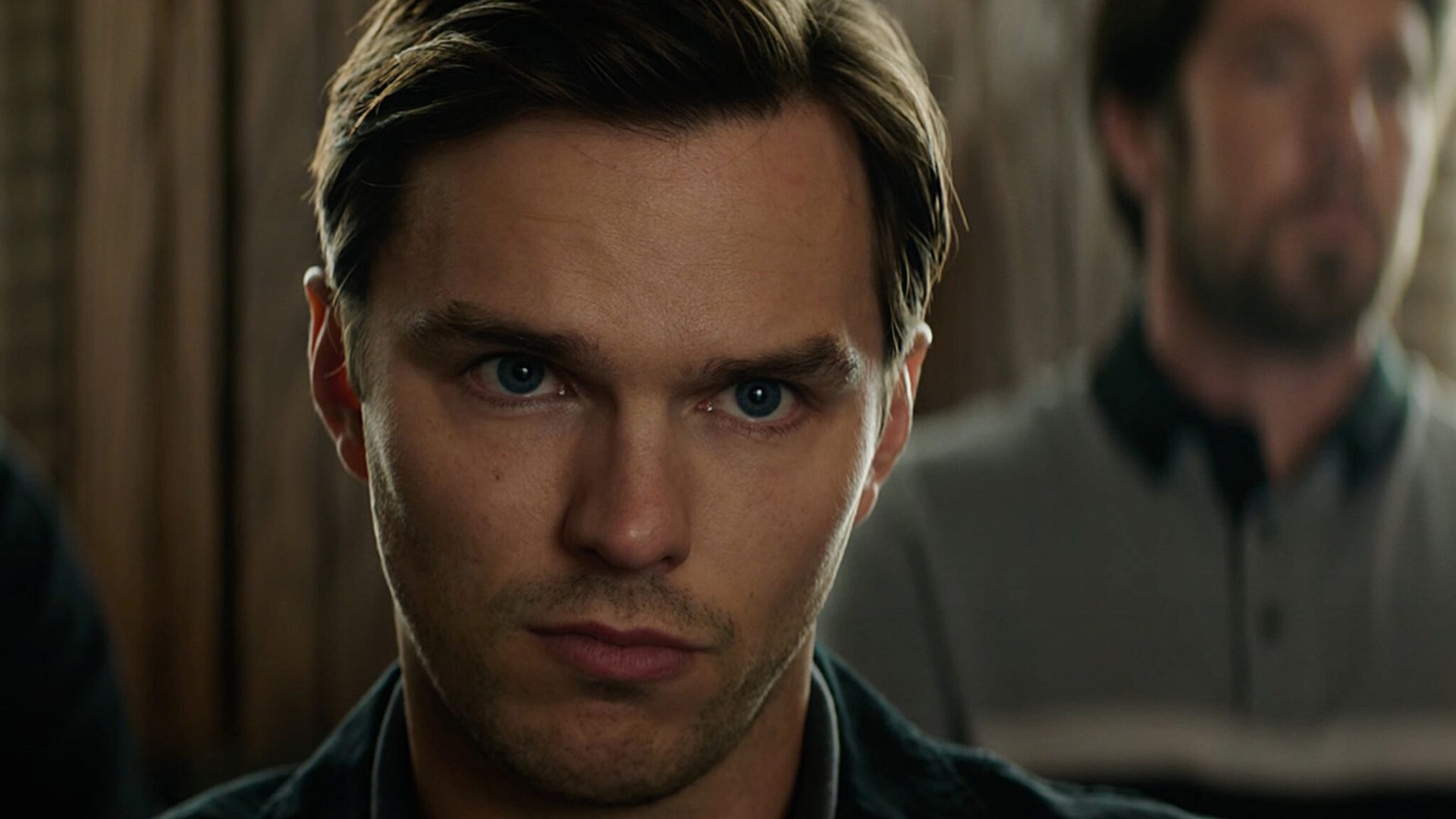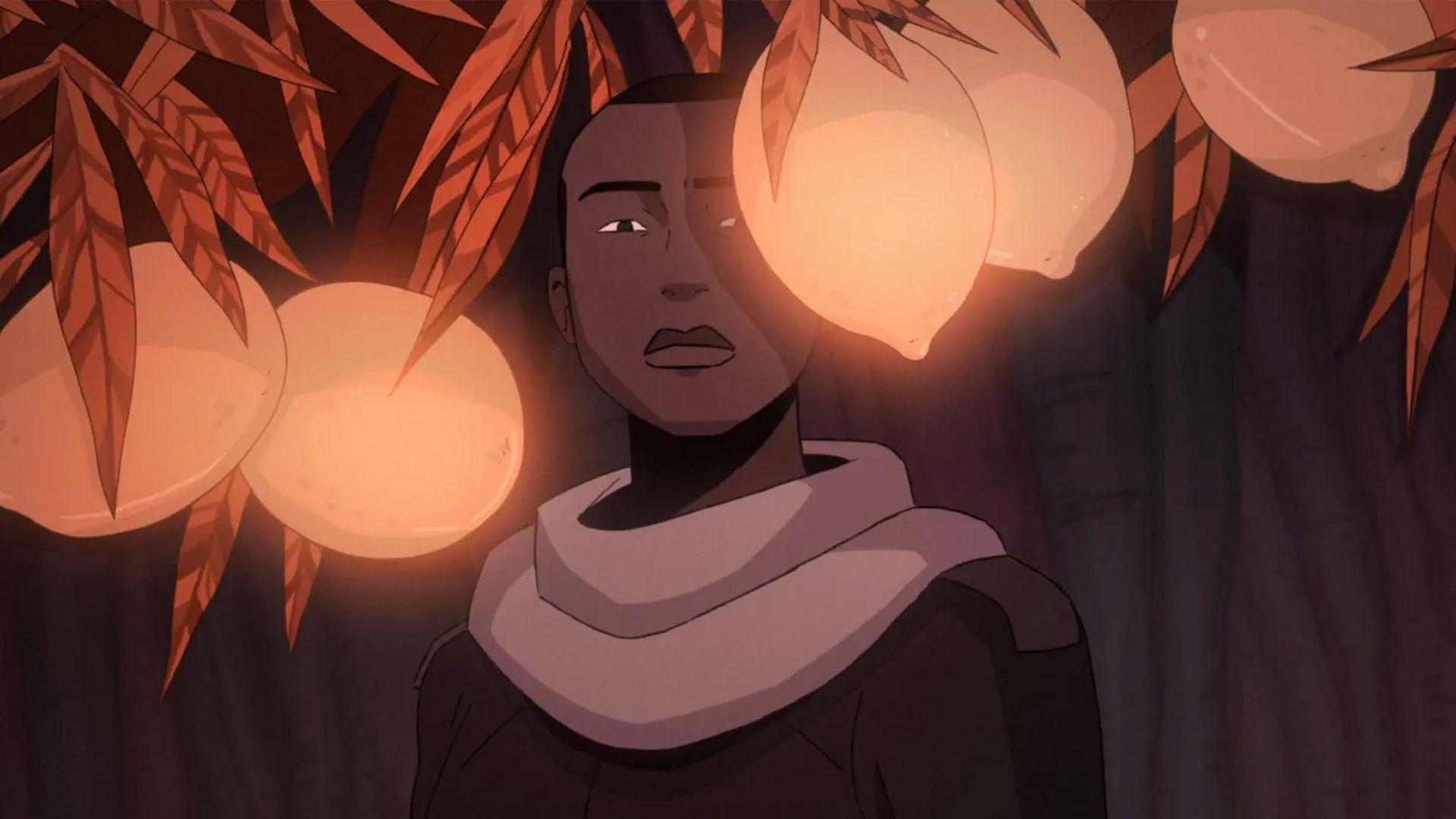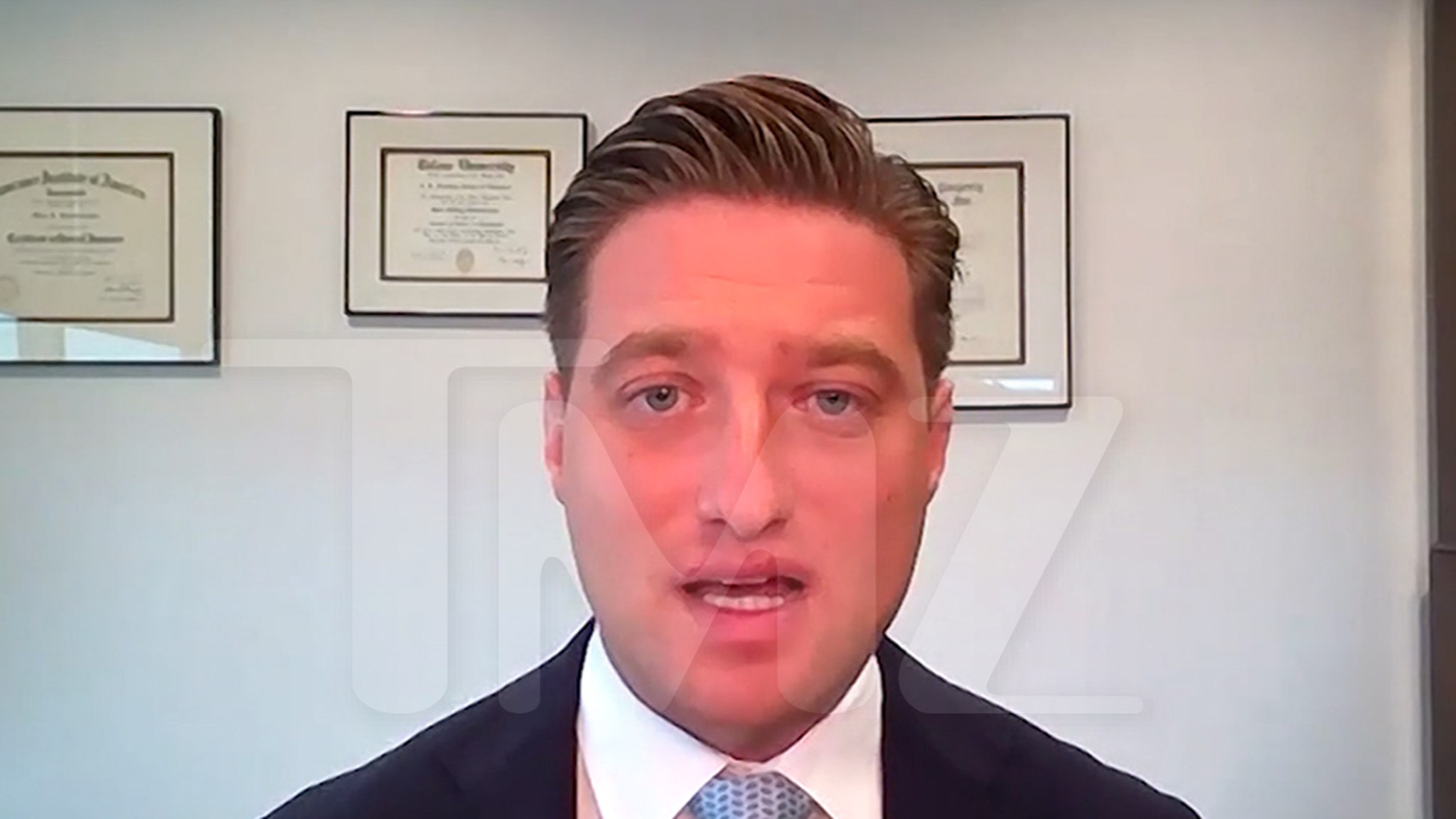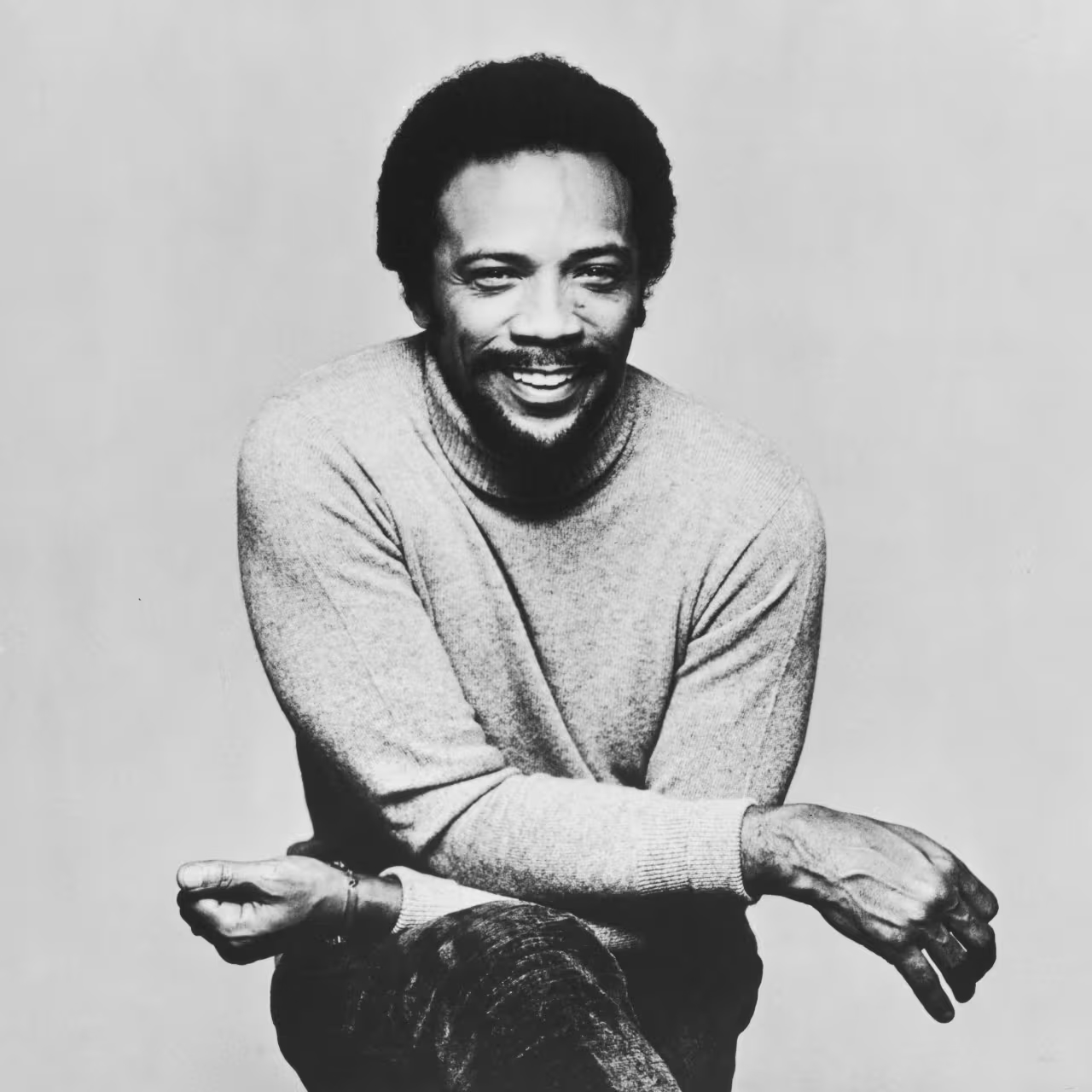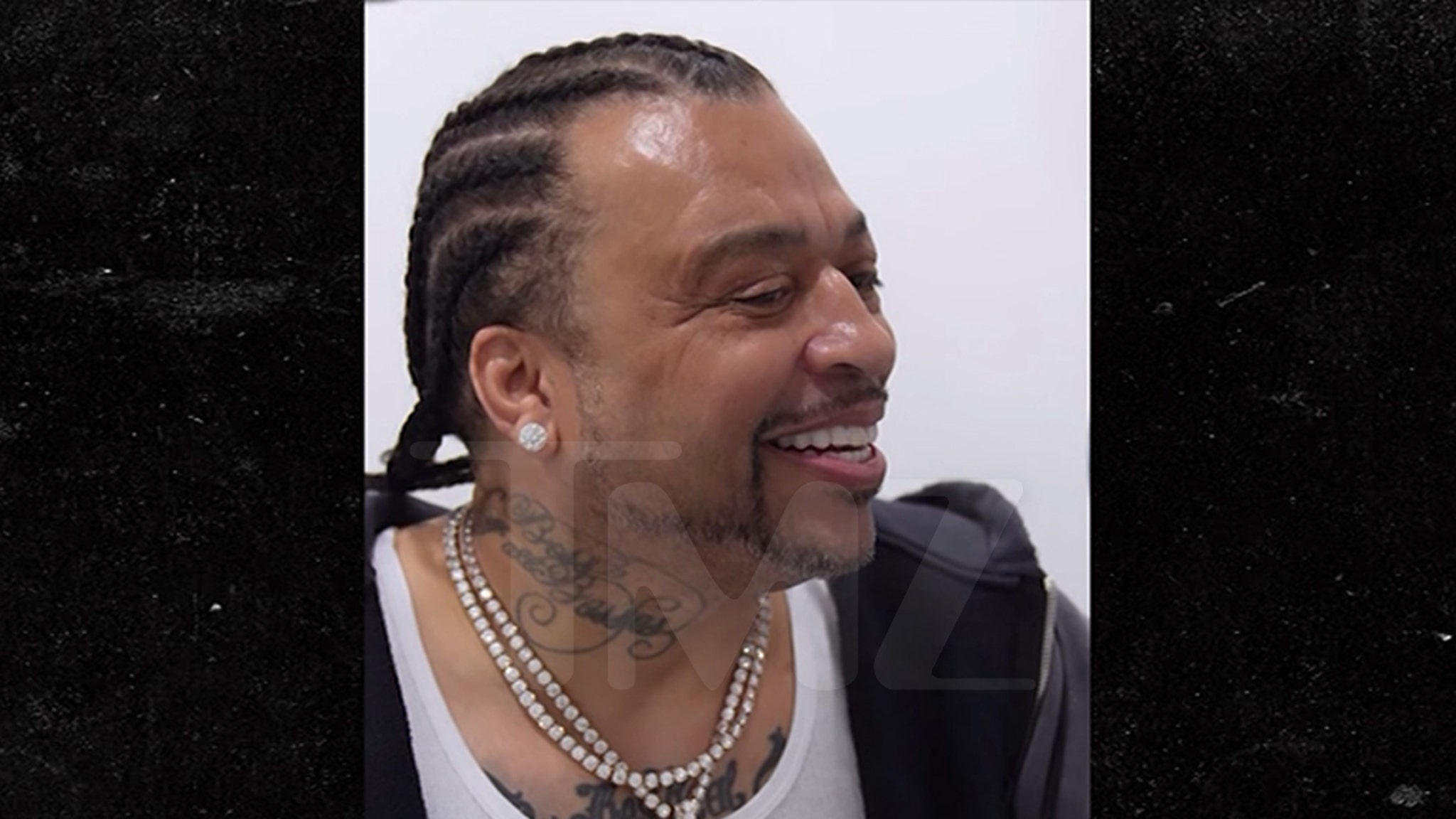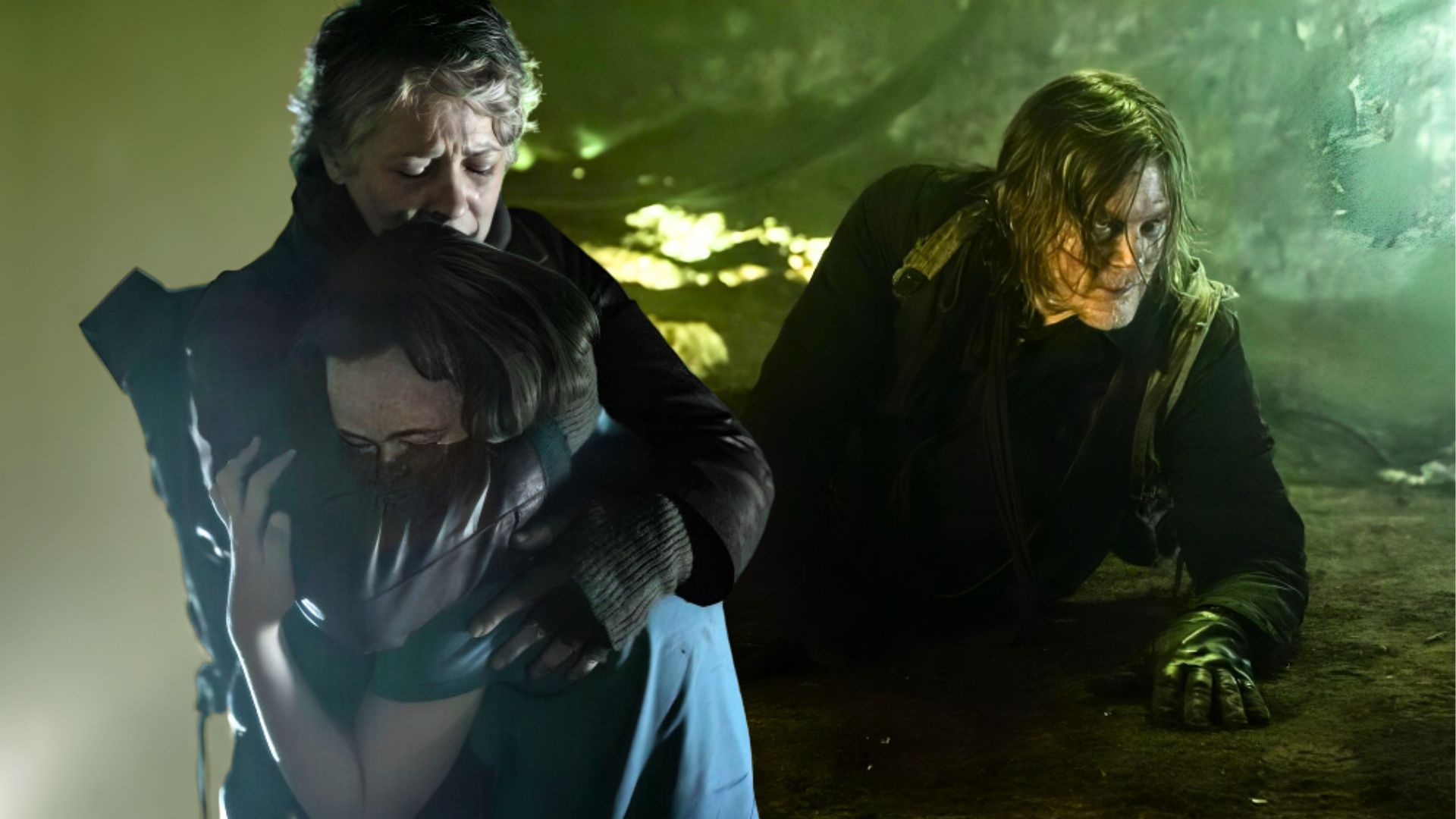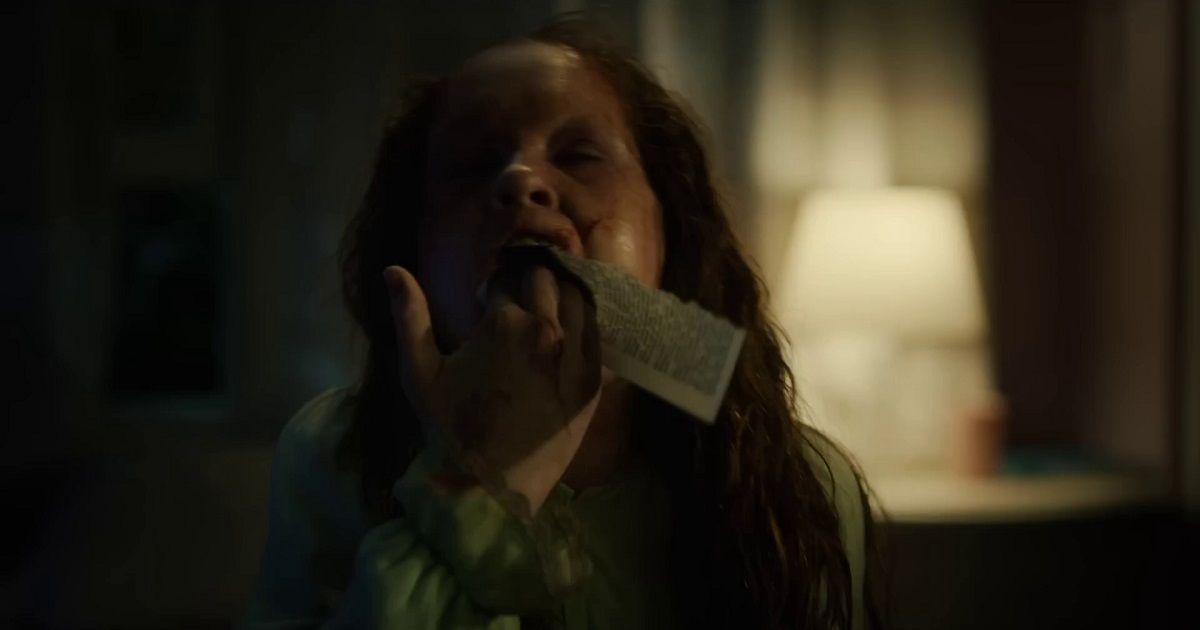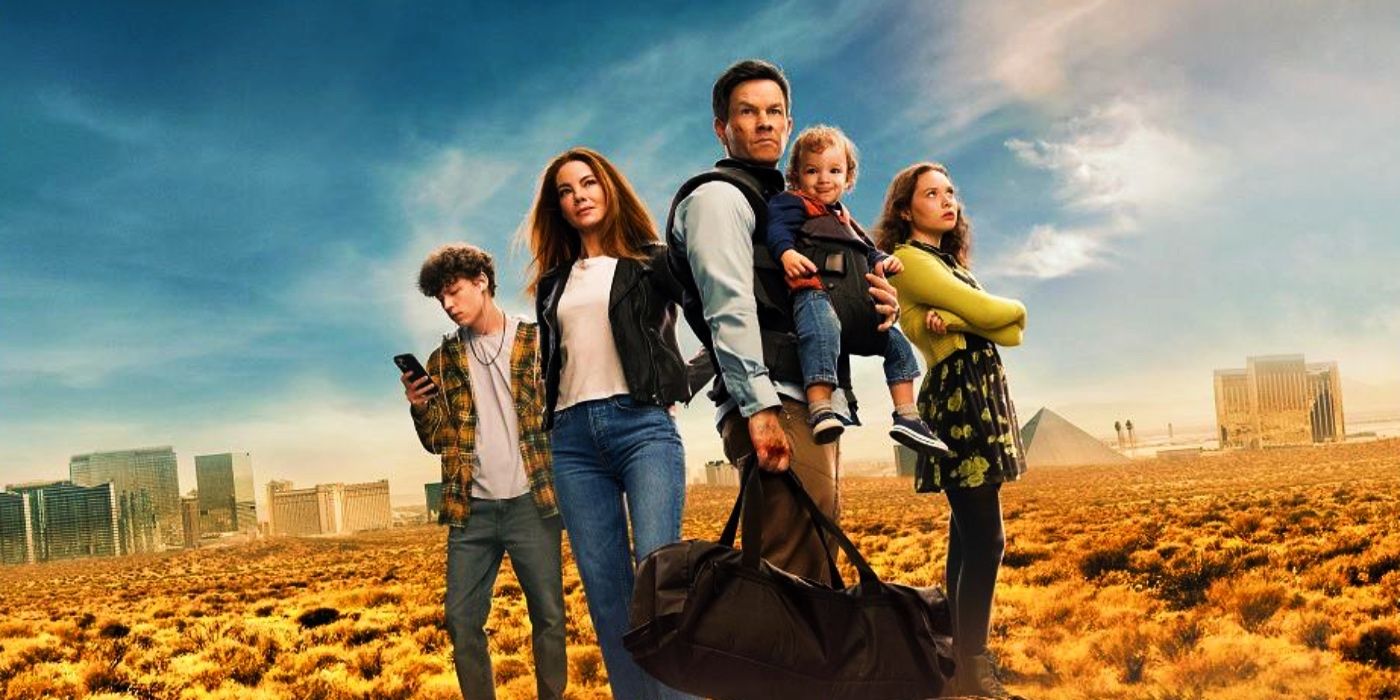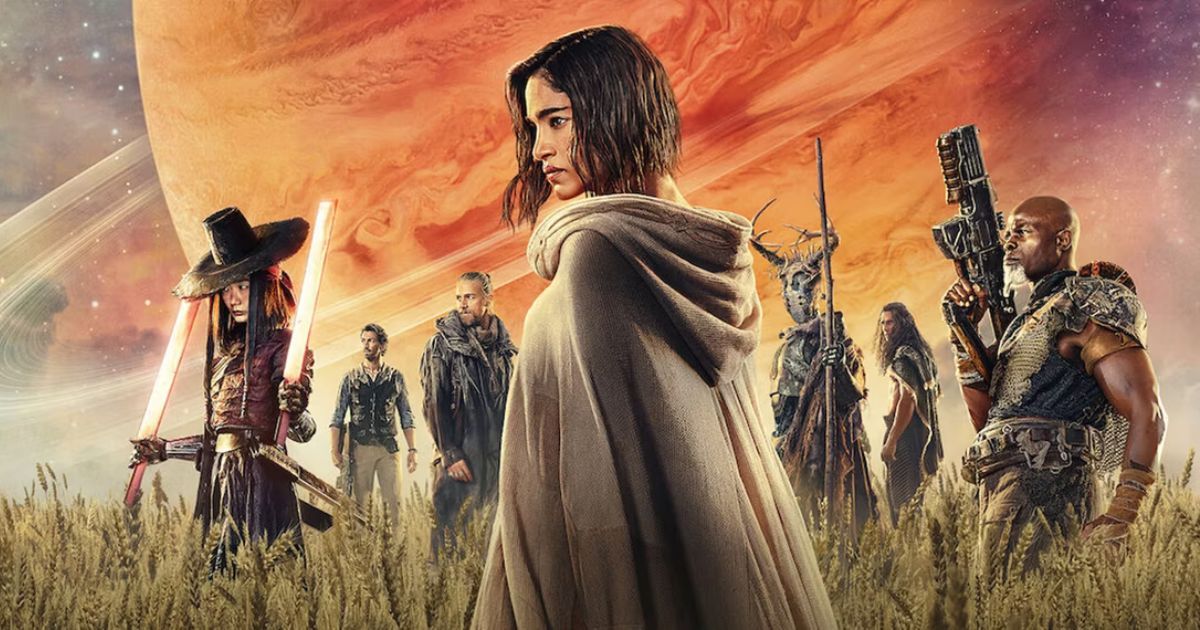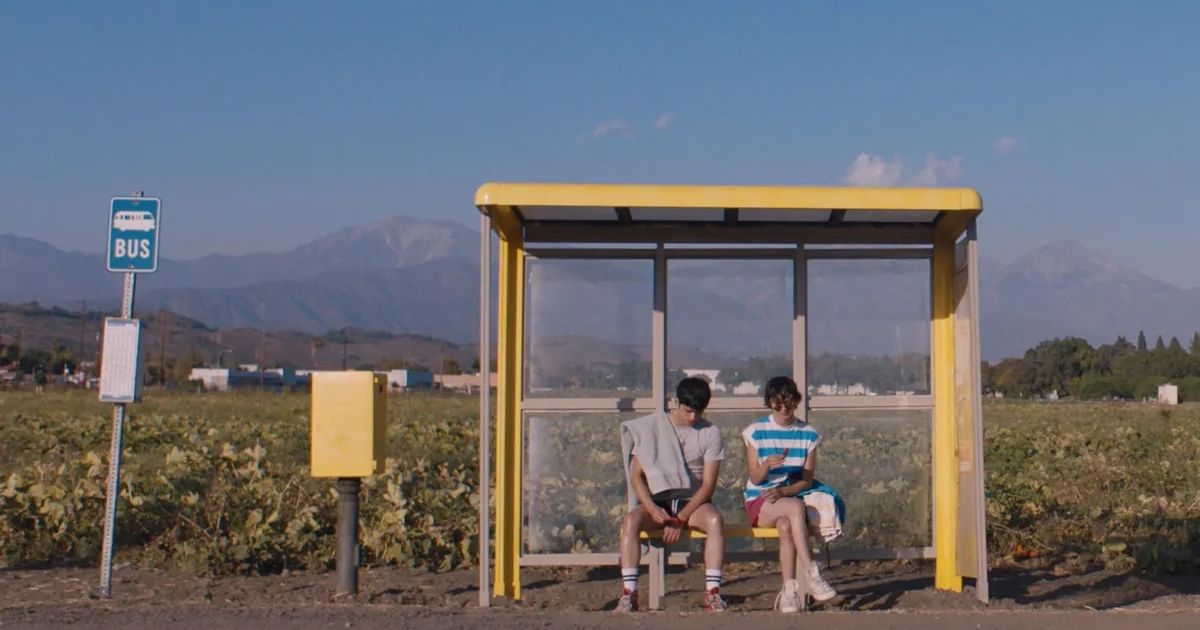After remaking “Resident Evil 2” in 2019 and “Resident Evil 3” in 2020—and releasing the excellent “Resident Evil: Village” in 2021—Capcom returned to “Resident Evil 4” with the same intentions as the other two remakes. Again, these are not “remasters,” which are just technical upgrades, like taking a Blu-ray transfer to a 4K one. They’re closer to remaking a film from the top down, keeping the key story elements but upgrading the visuals, gameplay mechanics, and sometimes even the enemy A.I. or characteristics. The previous remakes were accomplished updates but the games themselves still showed some of their age. In the case of “RE4,” perhaps because it was so ahead of its time to begin with and influenced so many games to follow, this feels like a game that could come out in 2023. One of the few things that date it is a linear structure—almost everything is open-world now—and a bit of repetition in the creature design. These are minor complaints for a release that took a game that I knew very well and made it new again. New and terrifying.
Once again, you play an agent named Leon Kennedy (Nick Apostolides) a few years after the traumatizing outbreak in Raccoon City. He’s been sent on a mission to Spain to rescue the President’s daughter Ashley Graham (Genevieve Buechner), who has been kidnapped by a cult influenced by a mind-controlling parasite. So, yeah, it’s a little like “Escape from New York” with zombies. Over 16 chapters, Leon explores a phenomenally designed setting that recalls European horror icons like Mario Bava and Lucio Fulci. There’s a sense of honest danger around every corner, which could hide a pitchfork-wielding villager or a Leatherface-inspired brute who swings a chainsaw like a bat. Leon has to fight his way to save Ashley and then stop a villain named Saddler (Christopher Jane) from taking over the world. Some of the dialogue remains the same, but a lot has been rewritten and revised, especially in the Ashley character, giving her more depth (and less sexual harassment from people around her). All of the characters are richer and more complex, even while maintaining some of the campy charm of the original dialogue.
By getting away from the villainous Umbrella Corporation that dominated earlier games and by taking Leon to a rich new setting, “Resident Evil 4” revealed the potential of the franchise, while also shifting it more from horror to action. If the first games were “Alien,” this was “Aliens”—bigger, faster, and louder. What’s most interesting about “RE4” in the context of the rest of the series is how it strikes the perfect balance of survival horror and intense combat. You will still have to hunt for ammo and other supplies, but there are far more explosive encounters than in the other games, which were often built around survival more than destruction. The push on the action throttle arguably derailed the next two games in the main franchise, which relied on it too heavily even if they were entertaining in their own way, before the series shifted back to more atmospheric horror in the seventh and eighth games.
You can view the original article HERE.
